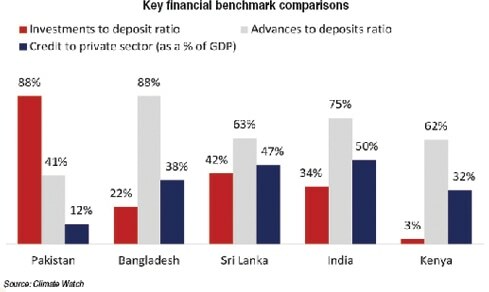THE world has finally woken up to the magnitude of what is happening in China. After months in which events in Europe overshadowed first the puffing up and then the popping of China’s stock market bubble, daily oscillations on the country’s once-obscure stock exchanges are being blamed for everything from weak oil prices to falling emerging market currencies.
This is overdone. China’s stock market performance has rarely had much, if any, correlation with the country’s real economy, let alone that of the rest of the world. Barely 20 years old and poorly regulated, the stock market still has more in common with the gambling casinos of Macau than with global exchanges in western capitals such as New York, London or Tokyo. Nor are foreign investors much exposed to Chinese equities. Because of tight quotas, only a tiny proportion of China’s stock market — about 3pc — is owned by foreigners. That should make what is happening in China’s financial markets akin to an explosion in a far off cave.
Even in China itself, the effects on the real economy ought not to be large. As Arthur Kroeber, head of Gavekal Dragonomics, points out, only 7pc of urban Chinese have money in the market. If they lose their shirt, that should not overly affect aggregate spending. In any case, most investors are in the money. The market more than doubled in the 18 months before it peaked in mid-June. Only the latest of latecomers have seen their investments slide.
China’s stock market performance has rarely had much, if any, correlation with the country’s real economy, let alone that of the rest of the world
Does that mean there is no need to worry? Absolutely not. There could be several big ripple effects. First, the wild oscillations have shaken faith in the competence of China’s technocrats. For years, bureaucrats have defied doomsayers predicting that China’s hybrid system of central planning and market forces would collapse under its own contradictions. Now the bureaucrats don’t look so good. Initially, they pumped up the market in what looks like an ill-conceived effort to enact what has been called the world’s biggest debt-to-equity swap. Worried that loans made to companies as part of a massive stimulus programme would turn sour, technocrats encouraged a stock market binge. Their subsequent actions to stop the bubble from bursting have looked anachronistic and heavy-handed. They have virtually criminalised selling stocks, banning anyone who owns more than 5pc of a company from offloading shares.
“This has set the Chinese stock market back 10 years,” says one close observer of China’s capital markets. Not only have such blunderbuss tactics revealed panic and outmoded instincts, they have not worked. After Sisyphean efforts to push stock prices up by 15pc, technocrats must have watched open-mouthed as they sank back 8.5pc in a single session. The prices are still 70pc above last year’s level, when the economy and corporate profits were in much better shape. The assumption must be that, if the authorities stop their efforts to push the boulder uphill, the forces of gravity will quickly take their toll.
Second, the assumption that China will gradually move towards a more market-based system might need to be reassessed. Recent events could persuade authorities they have been moving too fast. That could have an impact on everything from the pace at which China opens its capital account and makes the renminbi convertible to how fast it liberalises domestic interest rates.
“What this reveals is that there is still a fundamental tension in China between a desire to intervene and a desire to let market forces operate,” says Fred Neumann, chief Asia economist at HSBC. That could affect whether the International Monetary Fund includes the renminbi in its special drawing rights, or whether China’s A-shares gain access to the MSCI Emerging Market index
The third possible impact is on China’s growth. True, it is not obvious how a market fall will spill over into the real economy. China has bucked sharp stock market slides before. This time, though, the risks are higher. Many investors have borrowed heavily to buy shares. If authorities cannot stop a slide, some banks and brokerages could be at risk. The confidence-sapping oscillations are also taking place against the background of a much softer economy, one probably growing more slowly than the official 7pc figure suggests. If another point or two were shaved off growth, it could send very real tremors around the globe. Since 2008, China has been the motor of the world. The travails of its stock market add to evidence that this motor is spluttering.
Published in Dawn, Economic & Business, August 3rd, 2015
On a mobile phone? Get the Dawn Mobile App: Apple Store | Google Play














































Dear visitor, the comments section is undergoing an overhaul and will return soon.